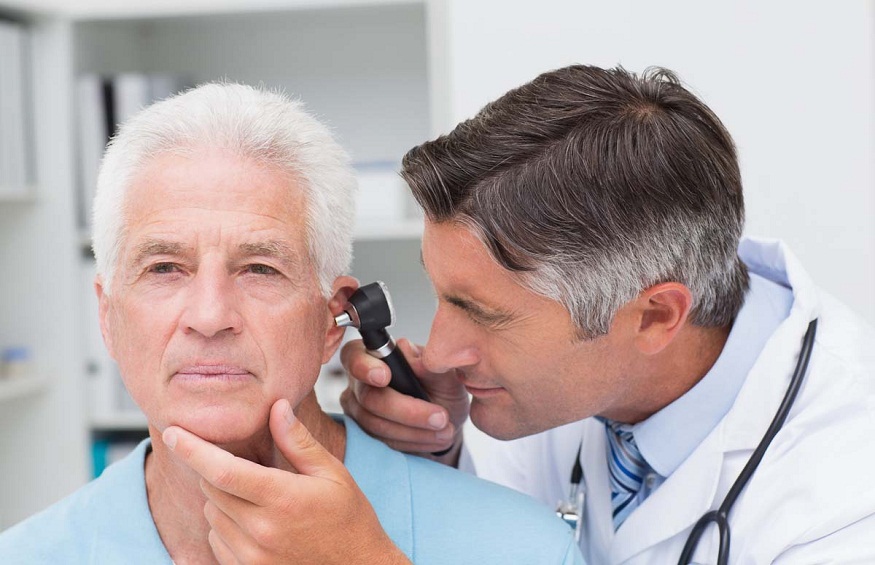Imagine this – you live in the booming hub of West Midtown and you’re facing thyroid surgery. It’s daunting, isn’t it? Your mind is a whirlwind of questions about your ear-nose-throat health. So, where does Audiology, the study of hearing, come into play? Otolaryngology, the branch of medicine that deals with conditions of the ear, nose, and throat, is the answer to your questions. The connection between the two? Closer than you might think. This blog aims to unravel the intertwined relationship of audiology and otolaryngology, throwing light on how understanding this connection might change the course of your recovery post that west midtown thyroid surgery.
The Intricate Web of Otolaryngology and Audiology
The world of otolaryngology is vast. It covers everything from sleep apnea to sinus infections. But, audiology is a crucial part of it. How, you ask? Let’s explore the example of thyroid surgery. The thyroid, located in your neck, is close to structures like your vocal cords and nerves that control hearing. This makes your hearing susceptible to the changes your body goes through during thyroid surgery.
The Role of an Audiologist in Thyroid Surgery
An audiologist plays a significant role in your thyroid surgery journey. They assess your hearing pre-surgery, monitor any changes during the surgery, and help in the post-surgery recovery process. They keep a keen eye on any shifts in your auditory health, ensuring that your hearing is preserved throughout the surgical process.
A Closer Look at the Connection
The thyroid and your hearing have a close relationship. Problems with your thyroid can lead to auditory issues like hearing loss or tinnitus. So, it’s not uncommon for thyroid surgery to have an impact on your hearing. And that’s where the audiology-otolaryngology interplay comes in. An audiologist, working in tandem with your otolaryngologist, ensures that your hearing is not compromised during the surgery.
After Thyroid Surgery: The Road to Recovery
Once your thyroid surgery is done, the role of audiology doesn’t end. In fact, it becomes even more crucial. Regular hearing assessments post-surgery help monitor any changes in your hearing. They ensure that any hearing loss is detected early and treated promptly. This helps speed up your recovery process and gets you back to your routine quicker.
Final Thoughts
So, the next time you find yourself worrying about the impact of thyroid surgery on your hearing – remember this. The field of audiology and the role of an audiologist are there to guide you. They’ll work hand-in-hand with your otolaryngologist to ensure your hearing stays intact. So, whether it’s before your West Midtown thyroid surgery or after, trust in the interconnection of audiology and otolaryngology to keep your auditory health in check.

